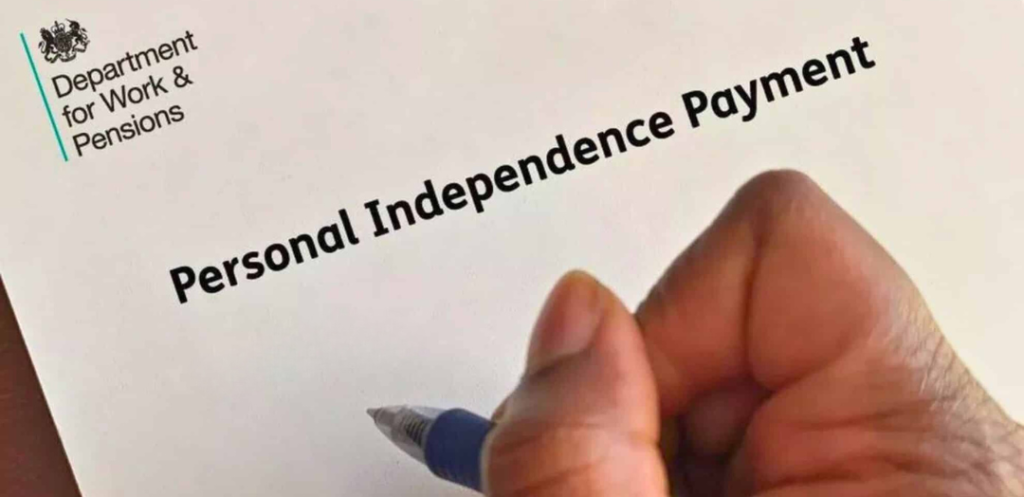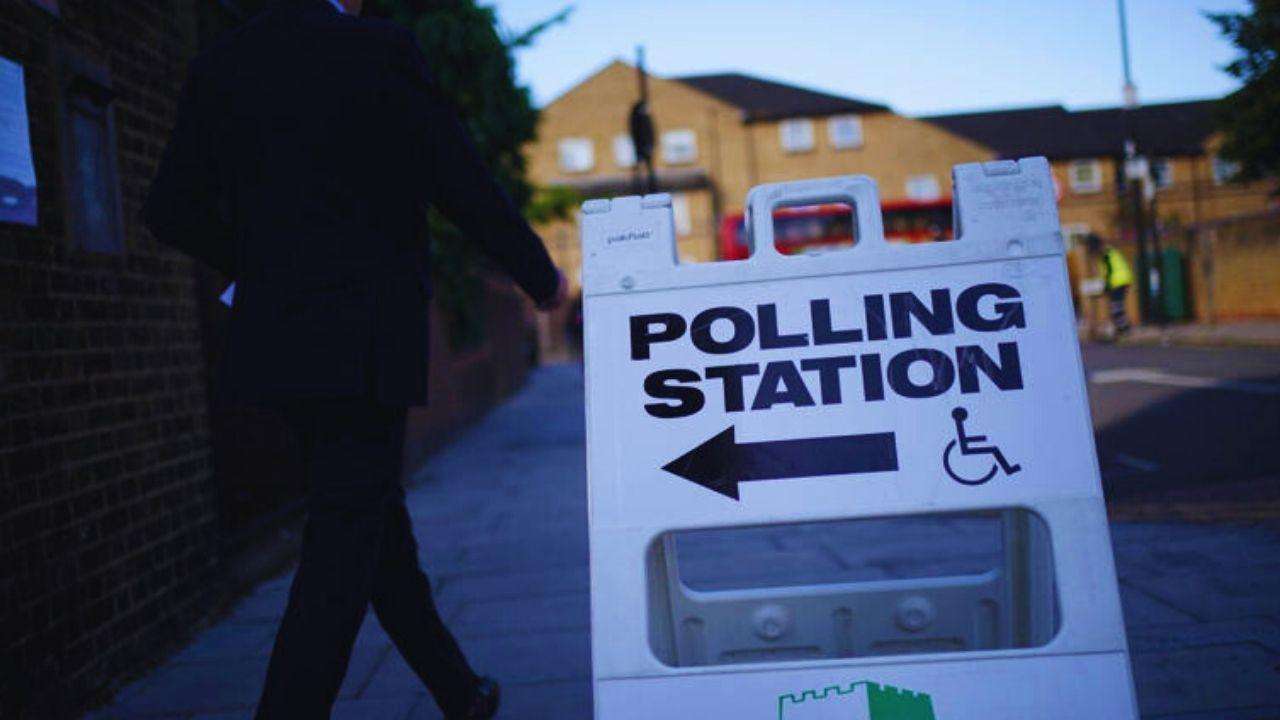Despite expressing "real concern" about the concept, the cabinet minister has not ruled out using vouchers to replace disability benefit payments.
Liz Kendall, the secretary for work and pensions, would not affirm that she would not continue the previous government's intentions to lower the taxpayer bill by replacing benefits with a voucher system.
However, Kendall acknowledged that there was "real concern" over the policy approach and that it was a matter of claimants' "empowerment" and independence.
In a speech to the MPs' Work and Pensions Committee, Kendall promised to present fresh concepts for Personal Independence Payments (PIP) reform.
The previous government published a consultation which proposed, among other policies, replacing PIP cash payments – which are not means-tested and are designed to help people living with a disability with day-to-day challenges – with vouchers.
Such reforms were part of a wider plan to tackle the rise in people claiming disability benefits, which is expected to cost the taxpayer £28bn a year by 2028/29 – a 110 per cent rise in spending since 2019.
But the idea of introducing a voucher system was met with criticism by claimants and charities, who argued it would undermine a person’s independence by not allowing them to spend the money how they wish.
“I was very struck particularly by the comments people made around shifting support to vouchers and where many organizations said their real concern was that it took away people’s autonomy and particularly when services are so stretched and tight,” Kendall said.
“I will be putting forward our own proposals to reform sickness and disability benefits,” she added. “But based on those clear principles getting the decisions right first time, early intervention, genuine support to help people into work, [and to] help people live fulfilling and independent lives.
“This is extremely difficult and I know people really want more detail, but we won’t do that until we’re absolutely ready and have had the proper discussions with people.”
Pressed on whether she would rule out continuing with a voucher system, she declined to do so.
'Childcare fees plunged us into debt - now we live in fear'
“I’m really aware of people’s concerns about that,” she responded, adding: “This issue of empowerment and giving people power and control over their lives is really important, because I think it leads to better results. So I understand people’s real concerns about that. I really do.”
Ministers are expected to set out the next steps for reforming PIP in the coming spring, as revealed by i.
They are expected to review the eligibility criteria for PIP to reduce the pool of people who can claim the benefit but the Government has pushed back against suggestions the disability benefit could become means tested.
In the meantime, the Government will set out new plans to change the process for assessing means-tested benefit claims for those who cannot work due to long term sickness.
Kendall reconfirmed the Government’s plan to make billions in savings by changing the work capability assessment (WCA) process.
The proposals will be presented in the Government’s Employment White Paper, due to be published before the end of the month, and is expected to use healthcare and education, alongside careers support, to get those signed off with illness into work.
Kendall said she was not surprised people are “concerned and worried” about the looming reforms but that she wanted to change the “culture” to focus more on supporting people into work rather than just fixating on cuts
She hit out at her predecessor, former Tory Work and Pensions Secretary Mel Stride, saying she did not agree with him that people were “just feeling too bluesy to work”. Kendall added that there were “complicated things going on with mental health” that needed to be addressed.
The lack of clarity over how the reforms could work have attracted criticism, including from some Labour MPs who have warned that anxious benefits claimants need clarity.
_3.jpg)
_4.jpg)






.svg)


